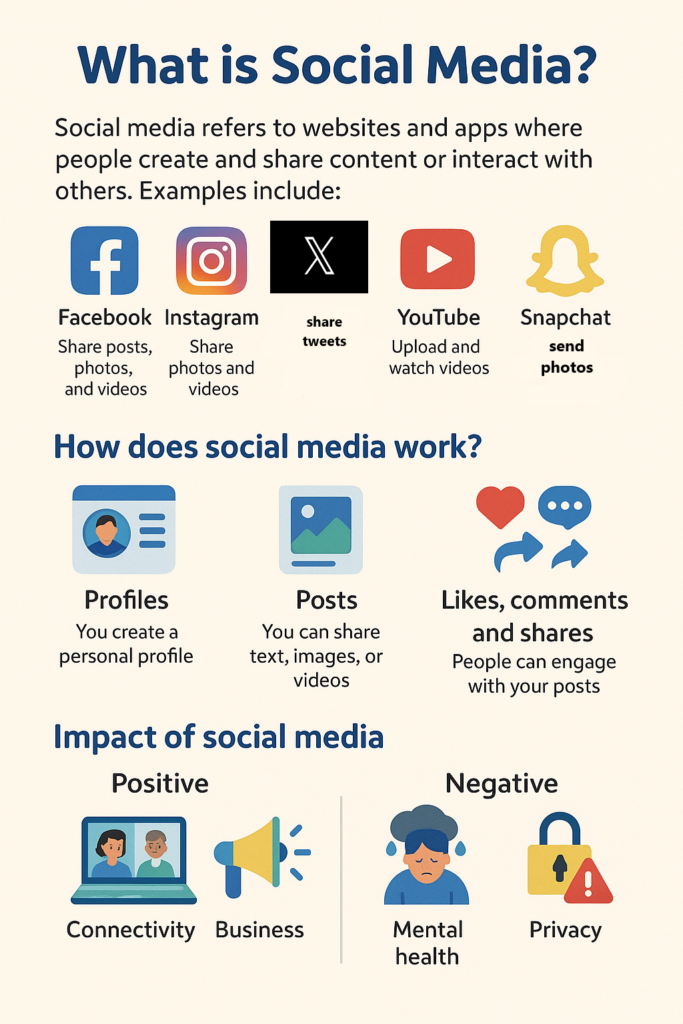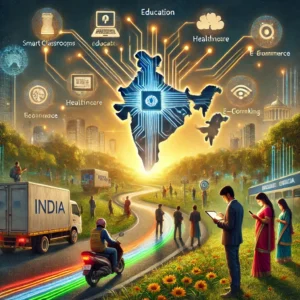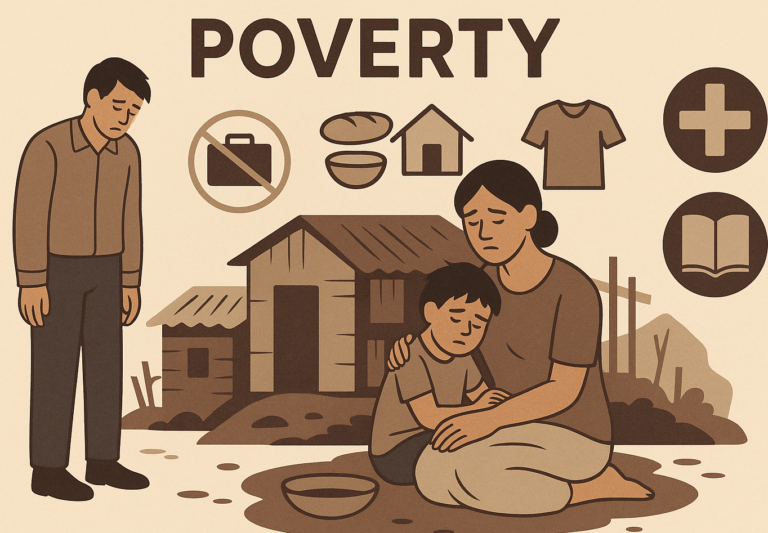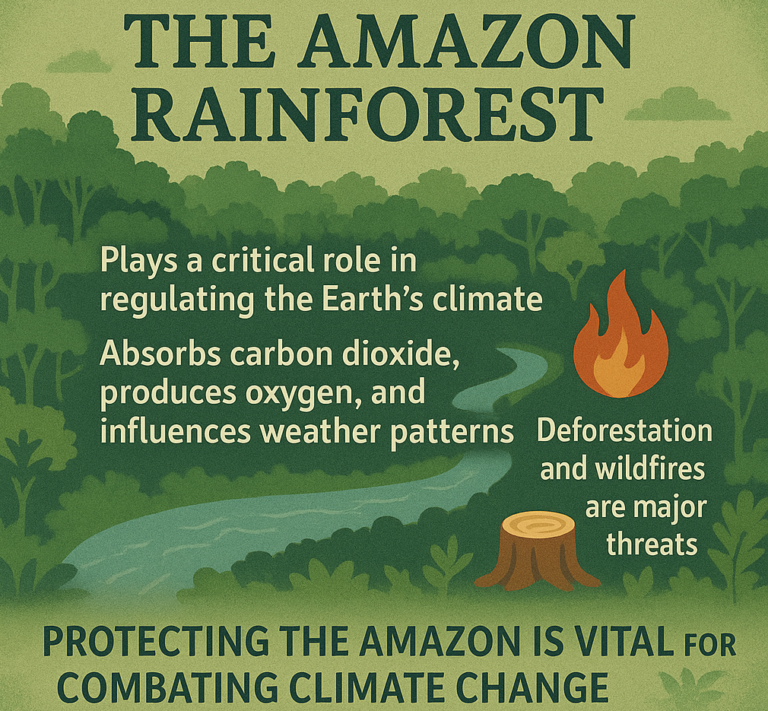What is Social Media?
Social media refers to websites and apps where people create and share content or interact with others. It’s a digital platform where users can connect with friends, family, or even strangers across the globe.
Some popular examples of social media platforms include:
- Facebook: A platform where you can share posts, photos, and videos with friends and family.
- Instagram: A photo and video-sharing app, popular for sharing life moments.
- Twitter: A platform for short posts, known as tweets, where you can share thoughts, news, and updates.
- YouTube: A platform for uploading, watching, and sharing videos on any topic.
- Snapchat: A multimedia messaging app known for disappearing photos and videos.

How Does Social Media Work?
- Profiles: You create a personal profile with details like your name, photo, and bio. This is how others know who you are.
- Posts: You can share updates in the form of text, images, videos, or links. These posts are visible to your followers or the general public, depending on your privacy settings.
- Likes, Comments, and Shares: People can engage with your posts by liking them, leaving comments, or sharing them with their own followers.
- Followers and Friends: You connect with people by following them (on Twitter or Instagram) or adding them as friends (on Facebook).
- Feeds: Social media platforms have a feed where you can see posts from people you follow or from accounts that interest you.
Impact of Social Media
Social media has a huge impact on society, and its effects can be both positive and negative. Here’s a breakdown:
Positive Impacts of Social Media
- Connectivity and Communication:
- Social media allows you to stay in touch with friends and family no matter where they are in the world.
- It makes it easy to meet new people, share experiences, and even make new friends with similar interests.
- Business and Career Opportunities:
- Social media is a powerful tool for businesses to promote their products and services.
- It helps small businesses reach a global audience and connect with potential customers.
- Platforms like LinkedIn are used for professional networking and finding job opportunities.
- Educational Content:
- Many people use platforms like YouTube to learn new skills or watch educational videos.
- Online communities share knowledge, tips, and resources to help people grow in their personal and professional lives.
- Awareness and Social Movements:
- Social media is a tool for raising awareness about important issues like climate change, human rights, and equality.
- Social movements like #MeToo and #BlackLivesMatter have gained attention and support through social media.
Negative Impacts of Social Media
- Mental Health Issues:
- Comparison and Pressure: Seeing others’ “perfect” lives on social media can make people feel inadequate or unhappy with their own lives.
- Cyberbullying: People can be mean or hurtful online, leading to bullying and harassment.
- Addiction: Spending too much time on social media can lead to addiction, affecting sleep, productivity, and real-life interactions.
- Privacy Concerns:
- Personal Information: Sharing too much personal information online can make people vulnerable to identity theft or scams.
- Data Mining: Social media platforms often collect personal data and may use it for targeted ads, raising concerns about privacy.
- Spread of Misinformation:
- Fake News: False or misleading information can spread quickly on social media, leading to confusion, fear, or even harm.
- Echo Chambers: Sometimes, people only follow accounts that share similar views, which can lead to biased thinking and misinformation.
- Isolation and Loneliness:
- While social media connects people, it can also lead to social isolation if it replaces real-world interactions.
- People might feel lonely or left out when they see others enjoying themselves online.
How to Use Social Media Responsibly?
- Be Mindful of Your Time:
- Set limits on how much time you spend on social media each day to avoid addiction and keep a healthy balance with real-world activities.
- Protect Your Privacy:
- Be cautious about sharing personal information like your home address or phone number.
- Check your privacy settings to control who can see your posts.
- Be Critical of What You See:
- Don’t believe everything you see online. Always check information from reliable sources to avoid the spread of fake news.
- Be Kind and Respectful:
- Treat others with kindness and respect online, just as you would in person. Cyberbullying can cause real harm.
- Engage Positively:
- Use social media to spread positivity, share valuable information, and support good causes.
Conclusion
Social media is a powerful tool that connects us, keeps us informed, and helps us express ourselves. However, it also has its challenges, such as privacy issues, mental health impacts, and the spread of misinformation. By using it responsibly, we can make the most of the benefits and avoid the negative effects.











